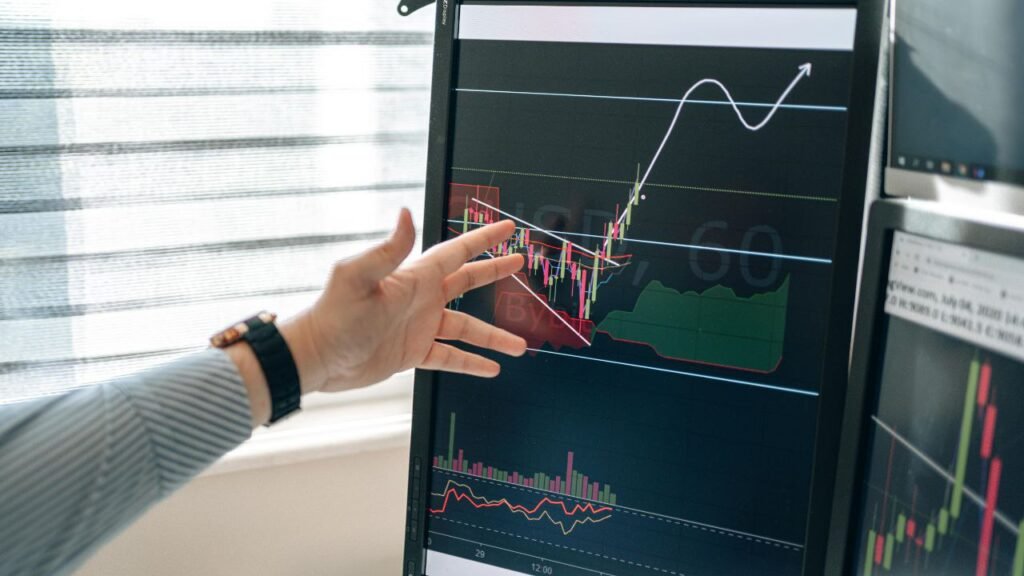Forex trading offers a wide range of advantages that make it an attractive option for individual and institutional investors alike. Below are some of the key benefits of engaging in the forex market:
1. High Liquidity
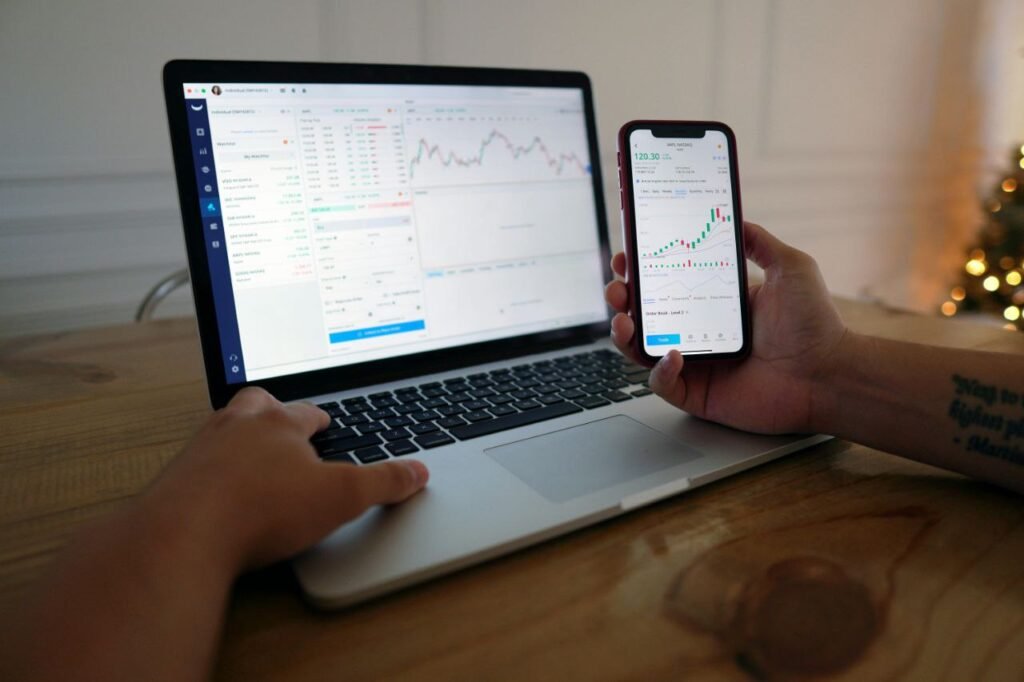
The forex market is the most liquid financial market in the world, with a daily trading volume of over $6 trillion. This high liquidity means that large amounts of currency can be bought and sold with minimal price fluctuations, allowing traders to enter and exit positions quickly and efficiently. The ability to execute trades without significant slippage is a major advantage, particularly for traders who operate on shorter timeframes like day traders and scalpers.
2. 24/5 Market Accessibility
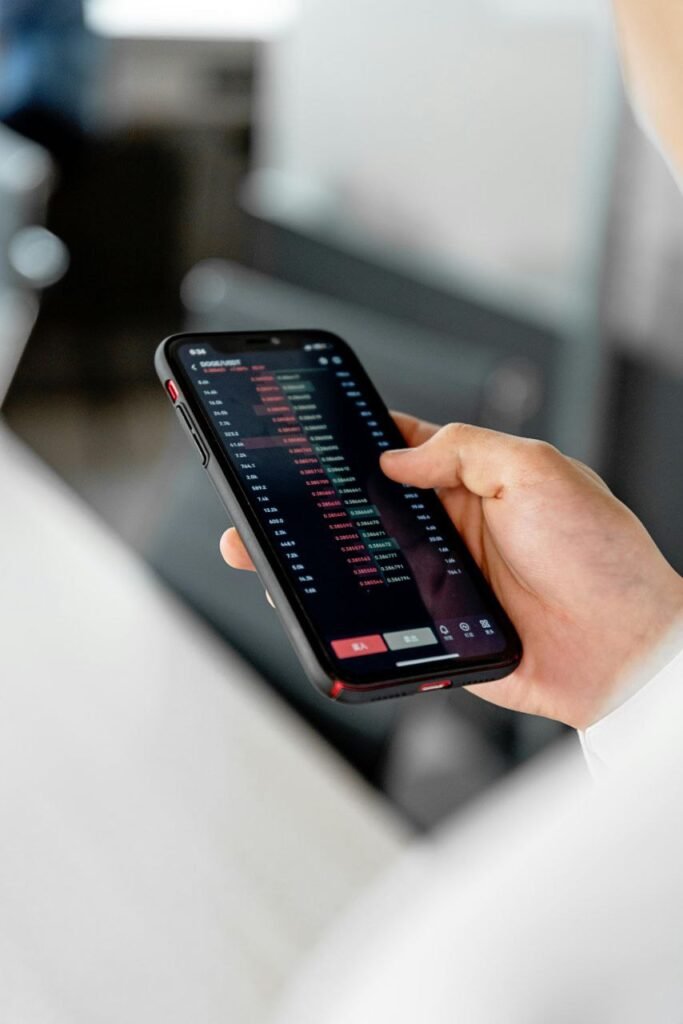
Unlike other markets, the forex market operates 24 hours a day, five days a week. It opens on Sunday evening with the Asian session and closes on Friday evening after the U.S. session. This continuous trading window allows traders across the globe to participate at any time, making forex an ideal market for those with irregular schedules or who want to trade part-time alongside other commitments.
This flexibility is especially beneficial for traders who want to capitalize on different time zones and market overlaps, such as the London-New York overlap, where volatility tends to increase.
3. Low Transaction Costs
In comparison to other financial markets, forex trading typically has lower transaction costs. Most forex brokers earn money through spreads (the difference between the bid and ask prices), rather than charging fixed commissions. Spreads can be very tight, especially in major currency pairs like EUR/USD or GBP/USD, which helps reduce the cost of trading. This makes forex trading more accessible to retail traders who may not have large capital reserves.
4. Leverage Opportunities
One of the most significant advantages of forex trading is the availability of leverage. Leverage allows traders to control large positions with a relatively small amount of capital. For example, a leverage ratio of 50:1 means that for every $1 of your own money, you can trade $50 worth of currency.
While leverage amplifies your potential profits, it also increases your risk. It’s crucial for traders to use leverage responsibly and understand how it impacts their overall risk exposure.
5. Low Capital Requirements
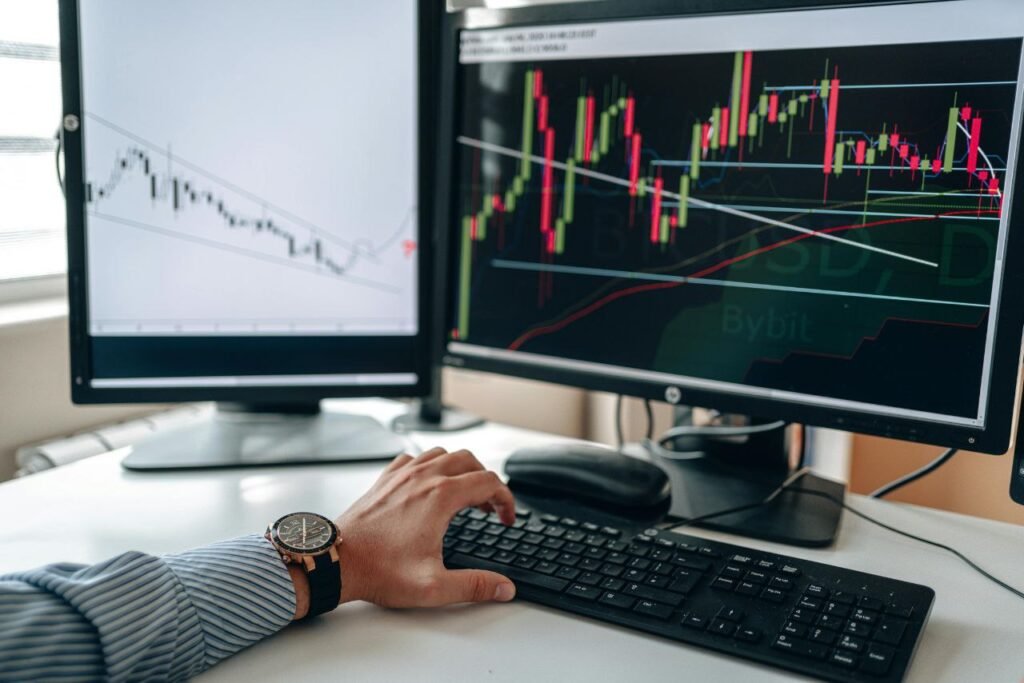
Due to the use of leverage, forex trading does not require significant initial capital to get started. Many brokers offer mini or micro accounts, which allow you to trade with smaller lot sizes and lower minimum deposits. This lowers the barrier to entry, making it possible for new traders to participate without needing to invest a large sum of money upfront.
6. Profit Potential in Rising and Falling Markets
Unlike stock trading, where profits are typically made in rising markets, forex trading allows you to profit in both rising and falling markets. This is because forex trading involves the buying and selling of currency pairs, meaning that if one currency in the pair strengthens, the other weakens. Traders can take advantage of both trends by going long (buying) when they expect the base currency to strengthen, or going short (selling) when they expect it to weaken. This two-way nature of the market increases profit potential in any market condition.
7. Variety of Trading Styles
The forex market accommodates a wide range of trading styles, making it suitable for different personalities and lifestyles. For example:
- Scalpers: Traders who seek to make small profits from quick price movements, often entering and exiting trades within minutes.
- Day traders: Those who open and close positions within the same trading day to avoid overnight risks.
- Swing traders: Traders who hold positions for several days or weeks to capitalize on larger price swings.
- Position traders: Investors who take a long-term view and hold positions for months or even years based on fundamental analysis.
This flexibility allows traders to choose a style that best fits their time availability, risk tolerance, and trading goals.
8. Access to Global Markets
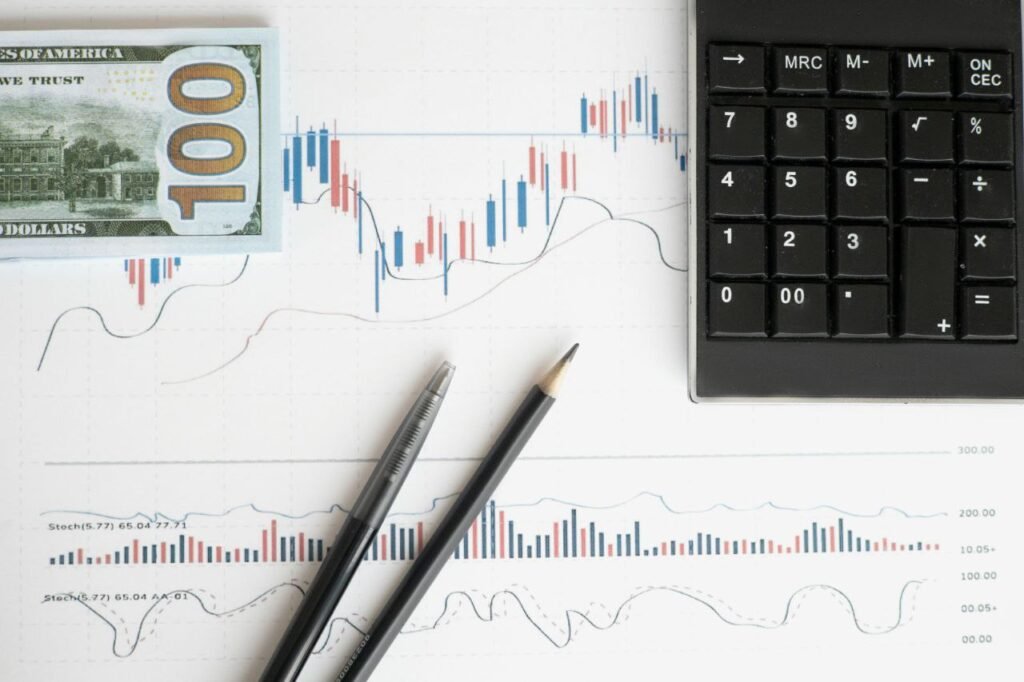
Forex trading provides access to global financial markets and allows traders to speculate on a wide variety of currencies from around the world. Whether you’re interested in major currency pairs like EUR/USD or exotic pairs like USD/TRY, forex offers a wide range of options to diversify your trading portfolio. The global nature of the forex market also means that traders can react to geopolitical events, economic data releases, and monetary policy decisions from various countries, providing countless opportunities to capitalize on macroeconomic trends.
9. Technology and Trading Tools
Forex trading has benefited immensely from technological advancements, providing traders with state-of-the-art platforms and tools. Most brokers offer powerful trading platforms such as MetaTrader 4 (MT4) and MetaTrader 5 (MT5), which provide access to a range of charting tools, technical indicators, and automated trading systems. These tools enable traders to perform technical analysis, backtest strategies, and even set up algorithmic trading systems to execute trades automatically based on predefined criteria.
Additionally, real-time market data, economic calendars, and news feeds are readily available, helping traders stay informed about key events that could impact currency prices.
10. Transparency and Control
The forex market operates in a decentralized manner, with numerous participants, including central banks, financial institutions, corporations, and retail traders. This decentralization, along with its immense size, helps to reduce the risk of manipulation by any single entity. Furthermore, traders have full control over their trades, including setting their entry and exit points, stop-loss levels, and take-profit orders.
This transparency, combined with access to real-time information, gives traders confidence in their decisions and the ability to manage their own risk effectively.
11. Risk Management Tools
Forex brokers provide a wide range of risk management tools, such as stop-loss and take-profit orders, which help traders manage their positions and protect their capital. Stop-loss orders allow traders to set a predefined level at which their position will automatically close to limit losses. Take-profit orders do the opposite, closing a trade when the price reaches a certain profit level. These tools are invaluable for maintaining discipline and ensuring that risk is controlled in volatile market conditions.
12. Learning Resources and Educational Support
The forex market is highly accessible, and brokers often provide extensive educational resources to help beginners learn the ropes. These resources include tutorials, webinars, e-books, and demo accounts, which allow traders to practice their strategies without risking real money. Many brokers also offer personalized support, with experienced traders providing guidance on how to develop trading plans, perform market analysis, and improve trading psychology.
13. Diversification of Investment Portfolio
Forex trading can serve as an excellent way to diversify an investment portfolio. While many investors focus on stocks, bonds, or commodities, forex offers exposure to global currency markets, which are influenced by different economic factors. Including currencies in your portfolio can help spread risk and potentially improve returns, especially during periods of stock market volatility.
Conclusion
Forex trading presents a wealth of opportunities, from high liquidity and 24-hour accessibility to diverse trading styles and technological advancements. The flexibility of the market, combined with the ability to trade on both rising and falling prices, makes it a unique and dynamic environment for traders. However, like any financial market, forex trading carries risks, and it’s essential to approach it with education, proper risk management, and a clear trading plan. Whether you’re a beginner or an experienced trader, the potential benefits of forex trading can be substantial, provided you understand the market and develop the skills necessary to succeed.
